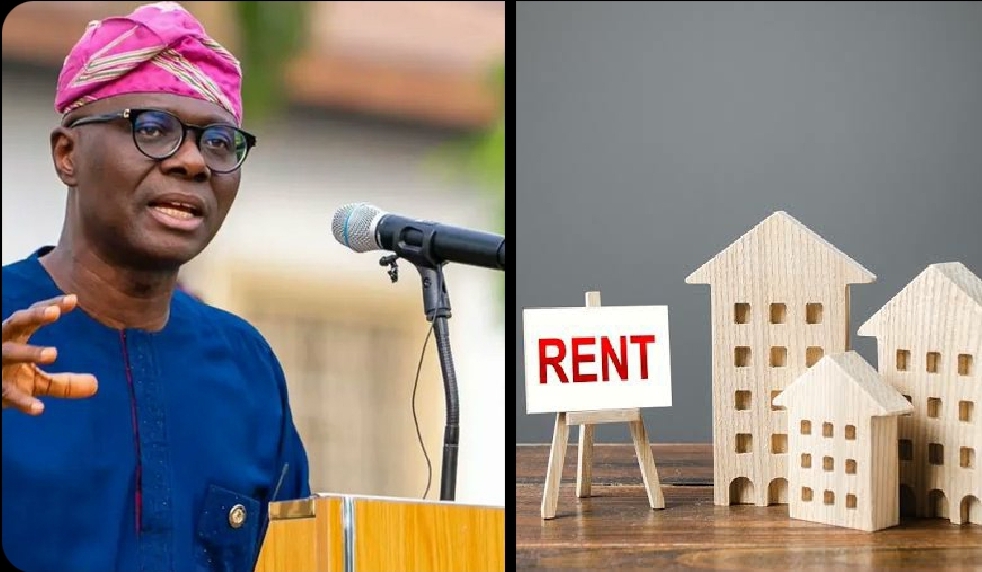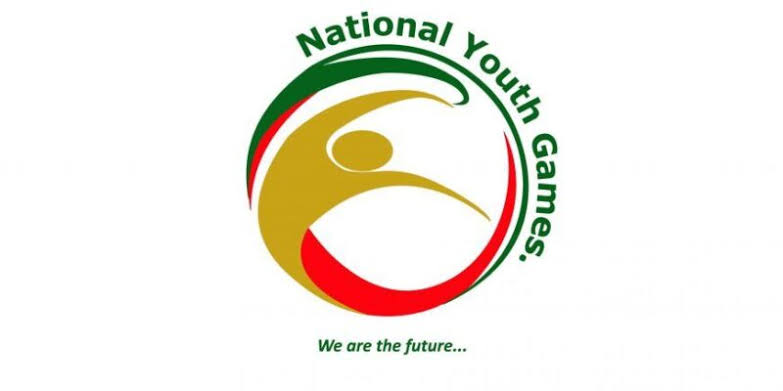
Lagos State Set to Launch Monthly and Quarterly Rent Payment System to Ease Financial Strain

The Lagos State Government is taking bold steps to alleviate the financial pressures faced by residents, particularly low-income earners, by introducing a flexible rent payment system.
Announced on May 14, 2025, this initiative will allow tenants to pay their rent on a monthly or quarterly basis instead of the traditional annual lump sum.
The policy aims to provide much-needed relief in a city where housing costs have skyrocketed in recent years, making it increasingly difficult for many to keep up with yearly rent demands.
According to a 2024 report by BuyLetLive, rental prices in Lagos have surged by 100% over the past four years, placing an immense burden on residents.
The steep rise in housing costs has been a growing concern, especially for low-income families who struggle to save enough to cover annual rent payments.
The new system, spearheaded by the state’s Commissioner for Housing, Moruf Akinderu-Fatai, is designed to offer more manageable payment options, giving tenants greater financial flexibility.
During the 2025 Ministerial Press Briefing, Akinderu-Fatai emphasized the government’s commitment to reducing the stress associated with sourcing large sums for rent, noting that this initiative builds on the success of previous housing programs like the rent-to-own scheme, which allowed beneficiaries to pay a 5% initial deposit and spread the balance over a decade.
However, the policy has sparked mixed reactions among Lagosians. A 2024 BuyLetLive survey revealed that 62.6% of occupiers in Lagos still prefer the annual rent payment structure, citing concerns over financial discipline and the perceived security of paying upfront.
Many residents worry that monthly payments could lead to defaults, especially for those with irregular incomes, as highlighted by X user @fobecyril, who suggested that regulating rent prices might be a more effective starting point.
Others, like @davidoghe, pointed out the need to address the exorbitant fees charged by house agents, which often add to the financial strain of renting in Lagos.
These concerns underscore a potential disconnect between the government’s intentions and the practical realities faced by residents, which could hinder the policy’s adoption.
Adding to the complexity are broader economic challenges in Nigeria.
The Centre for Affordable Housing Finance Africa reported in 2024 that inflation, driven by soaring food prices and the devaluation of the Naira, has significantly eroded purchasing power. With the Naira dropping from 460 to nearly 1,500 against the dollar since 2023, as noted in a Chatham House analysis, the cost of living has become a pressing issue.
In Lagos, the minimum wage stands at 70,000 NGN, while the average cost of living for a family of five is approximately 137,000 NGN, according to Numbeo data. This gap makes it difficult for many households to afford basic necessities, let alone monthly rent payments that could total 208,000 NGN for some, as pointed out by X user
@TheKulturre.
Without addressing these underlying economic issues, such as increasing the minimum wage or curbing inflation, the new rent payment system risks exacerbating financial strain rather than alleviating it.
While the Lagos State Government’s initiative is a step toward aligning with global rental practices—where monthly payments are the norm in many countries—the success of this policy will depend on robust enforcement, public education, and complementary measures to tackle inflation and income disparities.
For now, Lagosians remain cautiously optimistic, hoping that this reform will bring tangible relief to their daily struggles.


